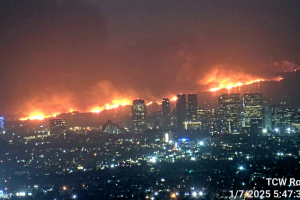 November 11, 2025
by Madison Lloyd
Federal Rollbacks
State and Local
November 11, 2025
by Madison Lloyd
Federal Rollbacks
State and Local
As federal banking agencies step away from climate-focused oversight, state regulators are well suited to take the policy lead, leveraging local knowledge to manage emerging financial risks.
 October 24, 2025
by Jada Huang
Climate change
State and Local
Wildlife
October 24, 2025
by Jada Huang
Climate change
State and Local
Wildlife
The "Grue Jay," a miraculous hybrid, reveals a greater truth about the role of humans in shaping avian adaptation. State and local politicians are taking the initiative to supplement weakened federal protections for wildlife.
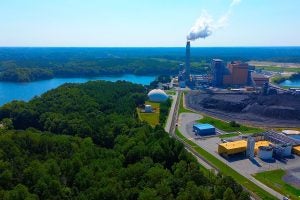 May 6, 2025
by Christopher Slama
Climate change
State and Local
May 6, 2025
by Christopher Slama
Climate change
State and Local
A challenge to state climate laws by the Department of Justice, following a recent executive order, will test the limits of environmental federalism. But the dormant Commerce Clause is not a serious obstacle for states.
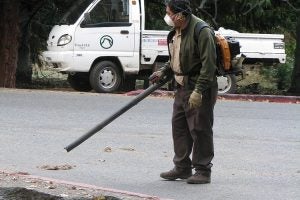 April 3, 2025
by Madeline Thompson
Regulations
State and Local
April 3, 2025
by Madeline Thompson
Regulations
State and Local
Leaf-blowers are a staple of neighborhoods, cities, and many public spaces, especially in the fall and spring. However, their environmental effects are now coming under the scrutiny of neighborhood groups and local lawmakers, but not without some blowback.
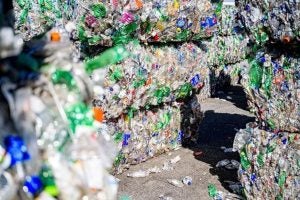 March 5, 2025
by Nicholas Merrill
Legislation
State and Local
March 5, 2025
by Nicholas Merrill
Legislation
State and Local
The District’s failure to recycle beverage containers is an ongoing issue. But a recently proposed bottle-deposit bill promises to upend residents’ relationship to waste.
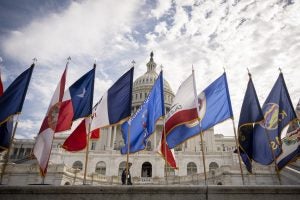 February 18, 2025
by Matthew Bentley
Climate change
Federal Rollbacks
Litigation
State and Local
February 18, 2025
by Matthew Bentley
Climate change
Federal Rollbacks
Litigation
State and Local
Facing President Trump’s intensified climate rollback, states have emerged as the bulwark—recommitting to emission reductions, suing for constitutional principles, and challenging unprecedented executive overreach.
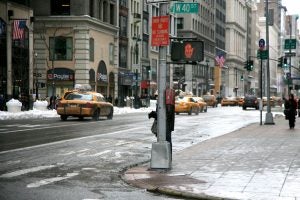 February 11, 2025
by Nicholas Alois
Climate change
State and Local
February 11, 2025
by Nicholas Alois
Climate change
State and Local
New York has made it a mission to reduce its state’s negative climate impact. However, in working toward this goal, many resent the change associated with new climate initiatives – particularly those impacting their wallets.
 February 6, 2025
by Carly Tolin
Air
State and Local
February 6, 2025
by Carly Tolin
Air
State and Local
California’s inmate-firefighters save the state millions of dollars battling wildfires, but face low pay and enhanced risks. Reforms for fair wages, safer conditions, and better pathways for post-release job opportunities are long overdue.
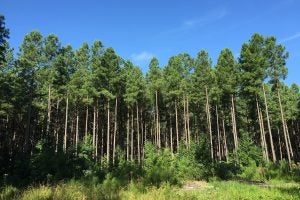 January 31, 2025
by Alimatou Nyass
Legislation
Natural Resources
State and Local
January 31, 2025
by Alimatou Nyass
Legislation
Natural Resources
State and Local
Different levels of government can use legislation to support tree restoration efforts. The ability of trees to combat different environmental harms underscores the importance of legislatively backed initiatives.
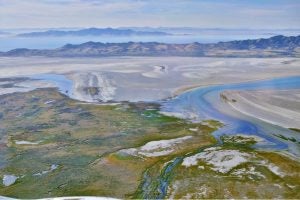 January 22, 2025
by Isaac Worsham
Climate change
State and Local
Sustainability
January 22, 2025
by Isaac Worsham
Climate change
State and Local
Sustainability
Current attempts to address the desiccation of the Great Salt Lake are inadequate and will result in enormous environmental harm—putting more than 2.5 million Utahns in danger.











